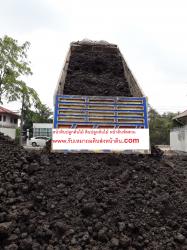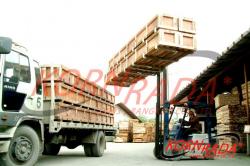A cannabis farm is the cornerstone of the rapidly expanding cannabis industry. As legalization spreads globally, these farms are becoming essential for producing the cannabis plants used in medical, recreational, and industrial applications. From advanced indoor facilities to sprawling outdoor plantations, cannabis farms play a pivotal role in meeting the world's demand for high-quality cannabis products.
What Happens on a Cannabis Farm?
Cannabis farms are specialized agricultural sites where cannabis plants are cultivated under carefully controlled conditions. Depending on the type of farm, the cultivation process may involve natural sunlight, advanced climate control systems, or hydroponic setups. Each approach ensures the plants thrive, producing high levels of cannabinoids like THC and CBD.
Outdoor cannabis farms typically benefit from sustainable practices such as solar power and organic fertilizers, reducing their environmental impact. Indoor farms focus on precision, with artificial lighting and regulated environments allowing for year-round cultivation.
The Importance of Cannabis Farms
Cannabis farms are critical for the supply chain of various products, including oils, edibles, and therapeutic treatments. Medical cannabis farms focus on producing strains designed for health benefits, while industrial hemp farms cater to industries like textiles, paper, and biofuels.
Future Trends for Cannabis Farms
As the cannabis market grows, so does the need for innovative and sustainable farming techniques. Vertical farming, renewable energy integration, and eco-friendly practices are shaping the future of cannabis farms. These innovations not only increase efficiency but also align with global efforts to combat climate change.
A cannabis farm is more than a cultivation site—it is a hub of innovation and sustainability, paving the way for a thriving and responsible cannabis industry.













